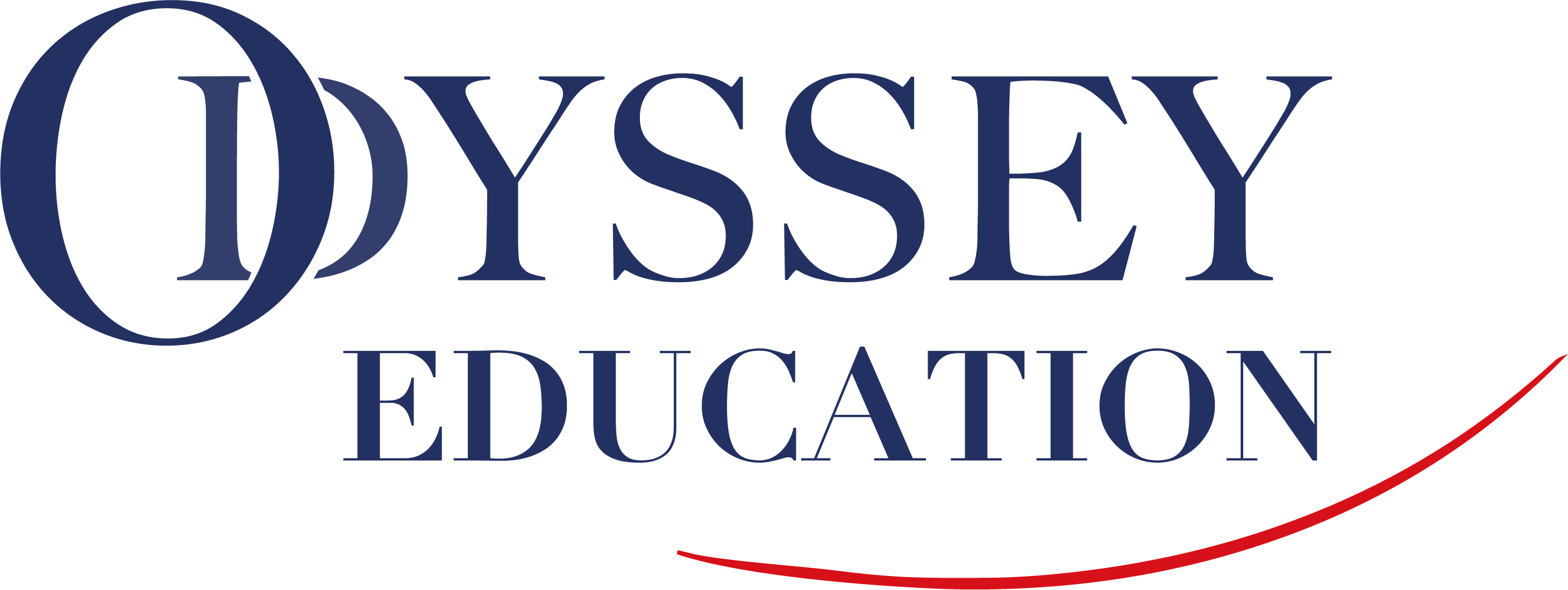French education abroad, an asset for our country?
Since 2016, the Odyssey Group has allowed French education to shine beyond France. It brings together 16 schools for expatriates and local families on 3 continents.
In this interview with Jonathan Derai, vice president and co-founder of the Group, discover how this educational network is unique, and combines educational excellence and international ambition.
What is the origin of the Odyssey Group? How did it come into being ?
Odyssey is a French international education group, it draws its uniqueness from its French education abroad. Odyssey was founded in 2016 by Luc Chatel(1), Younes Slaoui(2) and myself. This project is the fruit of our passion for educational issues. The other foundation comes from the conviction that French education abroad is a tremendous asset for our culture and its influence throughout the world. Its potential for development is also taken into account, and the importance of developing it alongside existing public operators. Knowing that Anglo-Saxon education is developing at great speed.
After extensive upstream work with key contacts – notably the Ministries of National Education and Foreign Affairs – we created a first partnership with an institution in Casablanca, followed by two other institutions in Bucharest and Brussels. Our structure was built on the basis of the accreditation of institutions, their recognition by the State, with programs and the awarding of French diplomas. This is the origin of the Odyssey group.
How to combine French language and international requirements ?
This is precisely the goal of our approach. Moreover, if the name of our Group is based on historical and cultural references that are evocative at the international level, the choice of its spelling also shows our desire to turn towards audiences that are “to be conquered” by French education abroad. However, we are fully French in our operations, our fundamentals, our programs, and our diplomas, but we also wish to enrich our pedagogical offer with the best of international education, particularly Anglo-Saxon, as long as it is compatible with our own educational system. Our teaching is resolutely multilingual, which is a fundamental marker for our Group.
Our international outlook, our active pedagogy and our concern for personalizing learning mean that we adapt to the needs and characteristics of each student. They are at the heart of their academic success and the expectations of their families.
What kind of teaching methods are used in the Odyssey Group’s establishments ?
Our students come from diverse backgrounds and we are convinced of the need to constantly rethink our mission with this notion of active pedagogy. This means considering the student as an actor in his or her own learning, while developing general and behavioral skills (soft skills). These elements are fundamental and contribute to a certain number of standards that we call the “Odyssey markers”.
On the other hand, we want to provide an education that meets the challenges of the 21st century. French education abroad is characterized by its great diversity and, as a reminder, two thirds of the students in our network are not nationals. On the other hand, there is an unbridled development of Anglo-Saxon education with a certain number of standards, singular pedagogical approaches, linguistic and cultural models that deserve to compete with French education with our assets, our identity and our attractiveness. We address an extremely diverse audience that is not limited to expatriates. We also want to welcome as many local and national families as possible. The point of our approach is to remind them, when they consider Anglo-Saxon education as a kind of reference, that French education has both this unanimously recognized academic excellence, combined with an international outlook that is not exclusive to Anglo-Saxon education. We are in a “best of both worlds” situation !
How can multilingualism be well integrated into the programs ?
First, I would like to remind you that French remains the language of reference. It is the condition of our certification and the success of our students. However, we must also be able to integrate students who are not French-speaking into our classes. This is what we do in our primary classes. As part of the personalization I mentioned earlier, through our Passerelle program, we can modulate language hours to adapt to a student’s profile for one or more terms.
As for the English language, it is already – or will become in schools that have just joined us – taught in our schools on a daily basis, starting in kindergarten. We are thus in a logic of French/English bilingualism that is quite determined. The local language is also taught on a regular basis, with nuances depending on the geographical context.
This need for linguistic diversity is illustrated by the example of our school in Brussels, a mainly French-speaking city, where the students want to learn English… but also Flemish! We have also just joined the Lycée français international d’Anvers where we will be increasing the level of English, but also of Flemish. These examples again demonstrate our ability to respond to local educational needs.
The teaching staff, keystone of each institution?
This pedagogical freedom allows them to express their talent and creativity, under the control of the headmaster who is the custodian of the Odyssey markers that guarantee the quality of teaching. For example, in the case of language teaching, our guideline is that it must always be taught by native speaker teachers. This is an organizational constraint, but also a guarantee of quality for the students.
What are the ambitions of the Odyssey Group?
To date, we have created three establishments and four others are in the process of being created in Africa, Europe and Asia. At the same time, as we have grown, we have been in regular contact with colleagues who have led, created, or assumed management responsibilities in various institutions around the world, and who wanted to write a new page in their educational journey by joining us.
